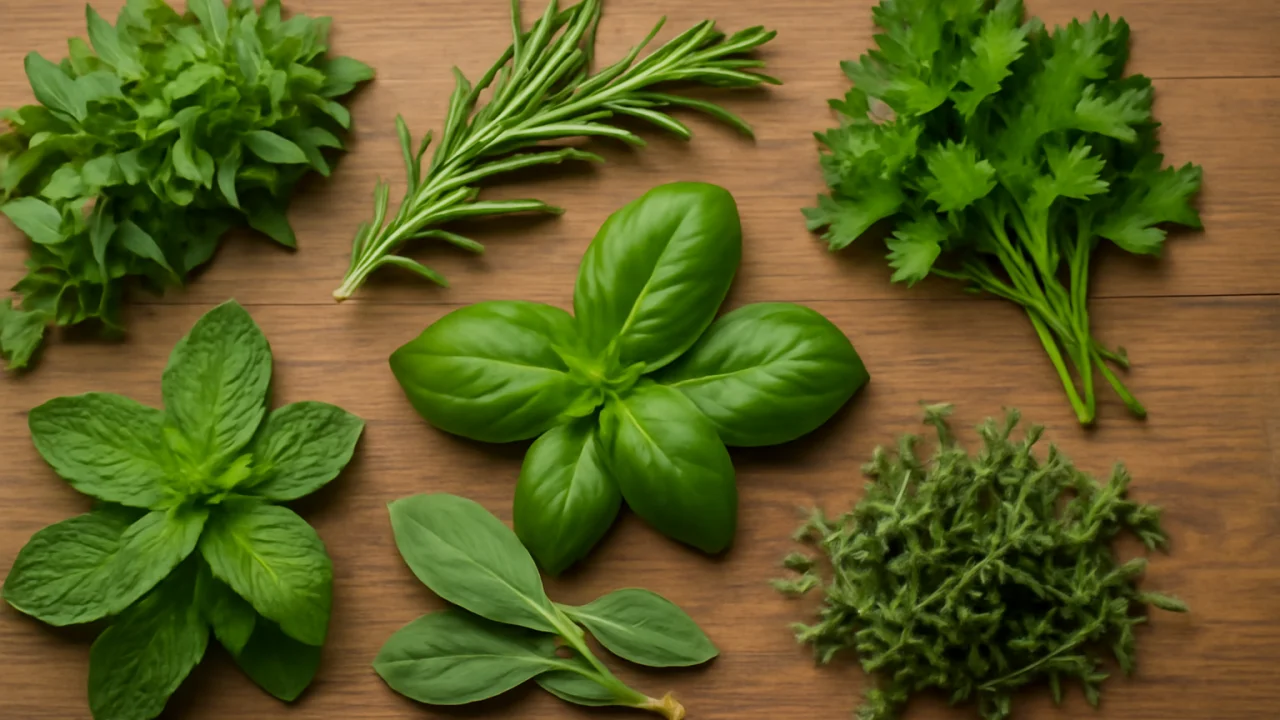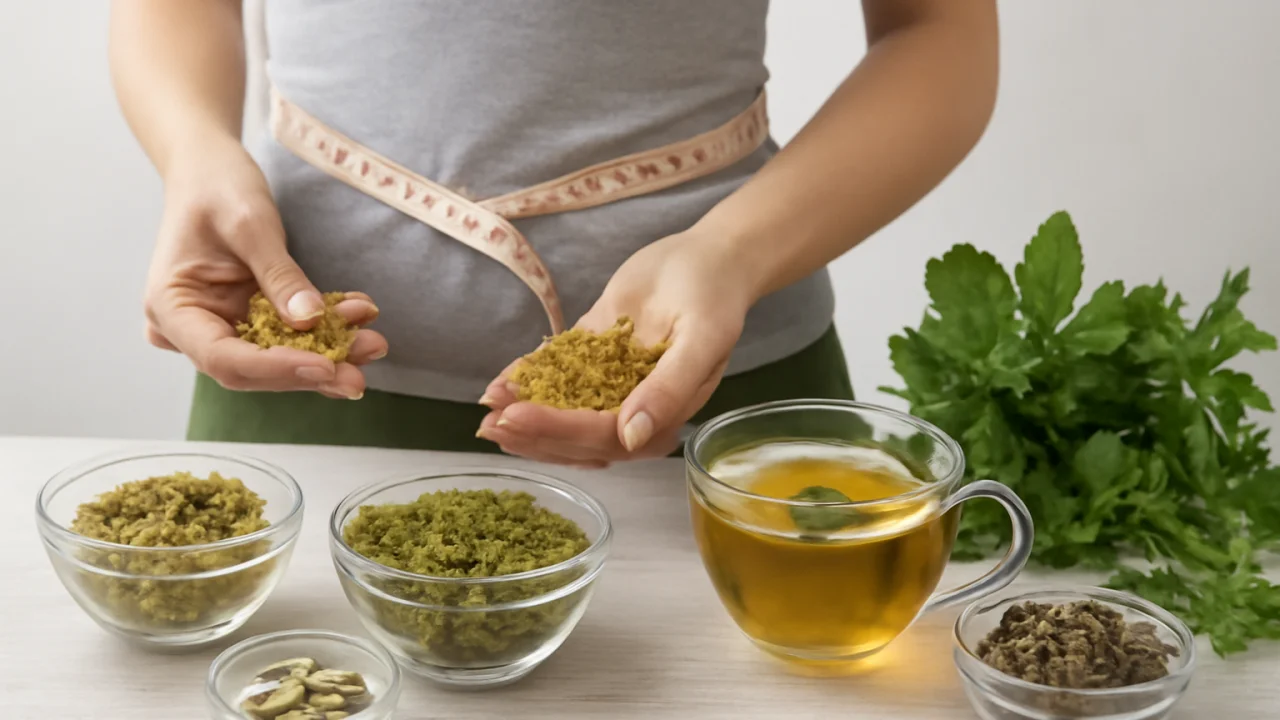
Top Herbal Weight-Loss Cures & Methods: Natural Solutions That Work
📑 Contents
Top Herbal Weight-Loss Cures & Methods: Natural Solutions That Work
As the global interest in natural health continues to rise, more people are turning to herbal remedies to support their weight-loss journeys. Herbal weight-loss cures and methods have been used for centuries in various cultures, and modern research is beginning to validate some of these traditional practices. In this article, we’ll explore the most popular and effective herbal solutions for weight loss, examine the science behind them, and provide practical tips for safe and successful use.
Understanding Herbal Weight-Loss Cures

Herbal weight-loss cures refer to plant-derived substances or extracts that are believed to aid in reducing body weight. These natural remedies work through various mechanisms, such as boosting metabolism, reducing appetite, or enhancing fat burning. While they can be a helpful addition to a healthy lifestyle, it’s important to remember that no herb is a magic bullet. Combining herbal methods with diet, exercise, and behavioral changes yields the best results.
Popular Herbs for Weight Loss

Many herbs have gained attention for their potential weight-loss benefits. Below, we’ll highlight some of the most widely used and well-researched options:
1. Green Tea Extract (Camellia sinensis)
Green tea extract is rich in antioxidants called catechins, particularly epigallocatechin gallate (EGCG). Studies suggest that green tea can boost metabolism and increase fat oxidation, making it one of the most popular natural weight-loss aids. It’s commonly available as a tea, capsule, or powder.
2. Garcinia Cambogia
Derived from a tropical fruit, garcinia cambogia contains hydroxycitric acid (HCA), which is thought to suppress appetite and inhibit fat production. Some research shows modest weight-loss effects, but results are mixed and more studies are needed for conclusive evidence.
3. Glucomannan (Konjac Root)
This natural fiber expands in the stomach, promoting a feeling of fullness and reducing overall calorie intake. Clinical trials have found that glucomannan supplementation, when combined with a healthy diet, can support weight loss.
4. Forskolin (Coleus forskohlii)
Forskolin is a compound extracted from the root of the Coleus forskohlii plant. Early research suggests it may help reduce body fat by increasing cellular levels of cyclic AMP, which can stimulate fat burning. However, more rigorous studies are required.
5. Yerba Mate
Yerba mate is a traditional South American tea that contains caffeine, theobromine, and antioxidants. Some research indicates it may boost energy expenditure, reduce appetite, and improve fat oxidation.
6. Dandelion (Taraxacum officinale)
Dandelion is often used as a natural diuretic, helping to reduce water weight. While it may not directly burn fat, it can support temporary weight reduction and digestive health.
How Herbal Weight-Loss Methods Work

Herbal remedies support weight loss through several mechanisms:
- Appetite suppression: Certain herbs help you feel fuller for longer, reducing the urge to overeat.
- Increased metabolism: Some herbal compounds stimulate thermogenesis and calorie burning.
- Fat absorption inhibition: A few herbs block the absorption of dietary fat.
- Diuretic effects: Some plants promote water loss, leading to temporary weight reduction.
Comparing Top Herbal Weight-Loss Cures
| Herb | Main Active Compound | Key Effect | Typical Dosage | Notable Side Effects |
|---|---|---|---|---|
| Green Tea Extract | EGCG, Caffeine | Boosts metabolism, fat oxidation | 250–500 mg/day | Insomnia, stomach upset |
| Garcinia Cambogia | Hydroxycitric Acid (HCA) | Suppresses appetite, blocks fat production | 500–1500 mg/day (50–60% HCA) | Digestive issues, headache |
| Glucomannan | Soluble fiber | Promotes satiety, reduces calorie intake | 1–3 g before meals | Bloating, gas, choking risk if not taken with water |
| Forskolin | Forskolin | May increase fat loss | 250 mg (10% forskolin), 2x daily | Low blood pressure, rapid heartbeat |
| Yerba Mate | Caffeine, Theobromine | Increases energy, reduces appetite | 1–3 cups of tea/day | Insomnia, increased heart rate |
| Dandelion | Taraxacin, Taraxasterol | Natural diuretic | 2–8 g dried root/day | Allergic reactions, diarrhea |
Safety Considerations and Side Effects
While many herbal remedies are considered safe when used appropriately, they can cause side effects or interact with medications. Here are some important safety tips:
- Always consult your healthcare provider before starting any herbal supplement, especially if you have underlying health conditions or take prescription medications.
- Stick to recommended dosages—more is not always better and can increase the risk of adverse effects.
- Monitor for signs of allergies or gastrointestinal distress.
- Pregnant or breastfeeding women should avoid most herbal weight-loss supplements.
- Purchase supplements from reputable brands to avoid contamination or inaccurate labeling.
Best Practices for Using Herbal Weight-Loss Methods
To maximize the effectiveness of herbal weight-loss cures:
- Combine herbal supplements with a balanced, calorie-controlled diet and regular physical activity.
- Stay hydrated, especially if using diuretic herbs like dandelion.
- Cycle herbal supplements (e.g., take breaks after 8–12 weeks) to reduce the risk of tolerance or side effects.
- Track your progress and adjust your approach as needed.
- Prioritize herbs with scientific backing and avoid products with undisclosed ingredients or exaggerated claims.
Who Should Avoid Herbal Weight-Loss Cures?
Herbal weight-loss methods are not suitable for everyone. Individuals who should avoid or use caution include:
- People with chronic health conditions (e.g., heart disease, diabetes, liver or kidney disorders).
- Those taking blood thinners, antidepressants, or other medications that may interact with herbs.
- Pregnant or breastfeeding women.
- Children and teenagers without medical supervision.
Always seek professional guidance before beginning any new supplement regimen.
FAQs: Herbal Weight-Loss Cures & Methods
1. Are herbal weight-loss supplements effective?
Some herbal supplements have evidence supporting modest weight-loss benefits, particularly when combined with lifestyle changes. However, results vary and no herbal remedy guarantees significant or permanent weight loss on its own.
2. Can I use more than one herbal supplement at the same time?
While some people combine herbs, this can increase the risk of side effects or interactions. It’s best to start with one supplement at a time and consult a healthcare provider before combining products.
3. How long does it take to see results from herbal weight-loss cures?
Most people notice minor effects within a few weeks, but significant weight loss typically requires several months of consistent use alongside healthy habits.
4. Are herbal weight-loss cures safe for everyone?
No. Certain populations, including pregnant women, individuals with chronic illnesses, and those on specific medications, should avoid or use caution with herbal weight-loss supplements.
5. Do I still need to diet and exercise if I use herbal weight-loss methods?
Yes. Herbal remedies are most effective when used as part of a comprehensive weight-management plan that includes healthy eating and regular physical activity.
Summary: The Role of Herbal Cures in Weight Loss
Herbal weight-loss cures and methods can be valuable tools for supporting natural weight management. Options like green tea extract, garcinia cambogia, glucomannan, forskolin, yerba mate, and dandelion offer unique benefits, but they work best when combined with a healthy lifestyle. Always prioritize safety, consult your healthcare provider, and remember that sustainable weight loss is a gradual process. With the right approach, herbal remedies can play a supportive role in achieving your wellness goals.











